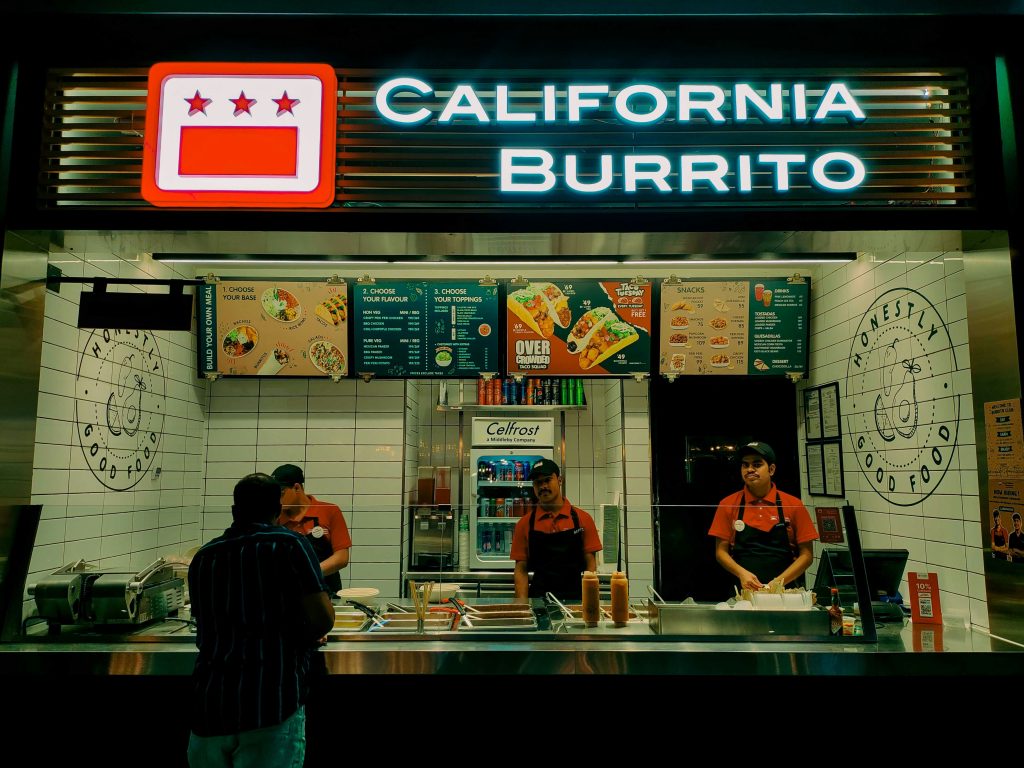In a groundbreaking move that reshapes the landscape of the snack food industry, Mars, the renowned candy and snack maker, has officially announced its acquisition of Kellanova, the parent company behind beloved snack brands such as Pringles, Cheez-Its, and Pop-Tarts. The staggering deal, valued at approximately $35.9 billion, represents a significant step for Mars as it expands its portfolio to include Kellanova’s iconic products. This acquisition not only signifies a financial leap with an acquisition multiple of 16.4 times the last twelve months adjusted EBITDA as of June 29, 2024, but also highlights Mars’ strategy to consolidate its position in the competitive snacking sector.
The integration of Kellanova into Mars’ existing portfolio, which already boasts popular brands like Snickers, M&M’s, Twix, and Dove, promises to create a formidable force in the market. The merger is poised to enhance product offerings for consumers and leverage marketing synergies across both companies. Following Kellogg’s strategic separation of its business last year, where its cereal segment was spun off into WK Kellogg Co, the remaining snack and plant-based products have now found a new home under Mars.
Industry analysts are viewing this acquisition as a pivotal moment for both companies. Mars, a family-owned giant with a rich history in the confectionery market, is expected to benefit from Kellanova’s strong brand recognition and loyal customer base. The deal emphasizes the growing trend of consolidation within the food industry, where companies seek to fortify their market positions through strategic acquisitions.
As consumers increasingly gravitate toward convenient snacking options, the alignment of Mars and Kellanova is likely to set the stage for innovative product development and marketing strategies. Furthermore, the merging of these two snack powerhouses could lead to enhanced distribution channels, enabling both companies to reach a wider audience and satisfy the evolving tastes of consumers.
Looking ahead, industry experts anticipate the potential introduction of new products that combine elements from both brands, creating unique offerings that appeal to a diverse range of snack enthusiasts. The acquisition is also likely to spark interest among competitors, prompting further consolidation efforts as companies strive to remain relevant in an ever-changing market.
In conclusion, the acquisition of Kellanova by Mars is more than just a financial transaction; it represents a strategic alignment of two major players in the snack food industry. As the landscape continues to evolve, the implications of this deal will undoubtedly be felt across the sector, influencing consumer choices and driving innovation in the years to come.

